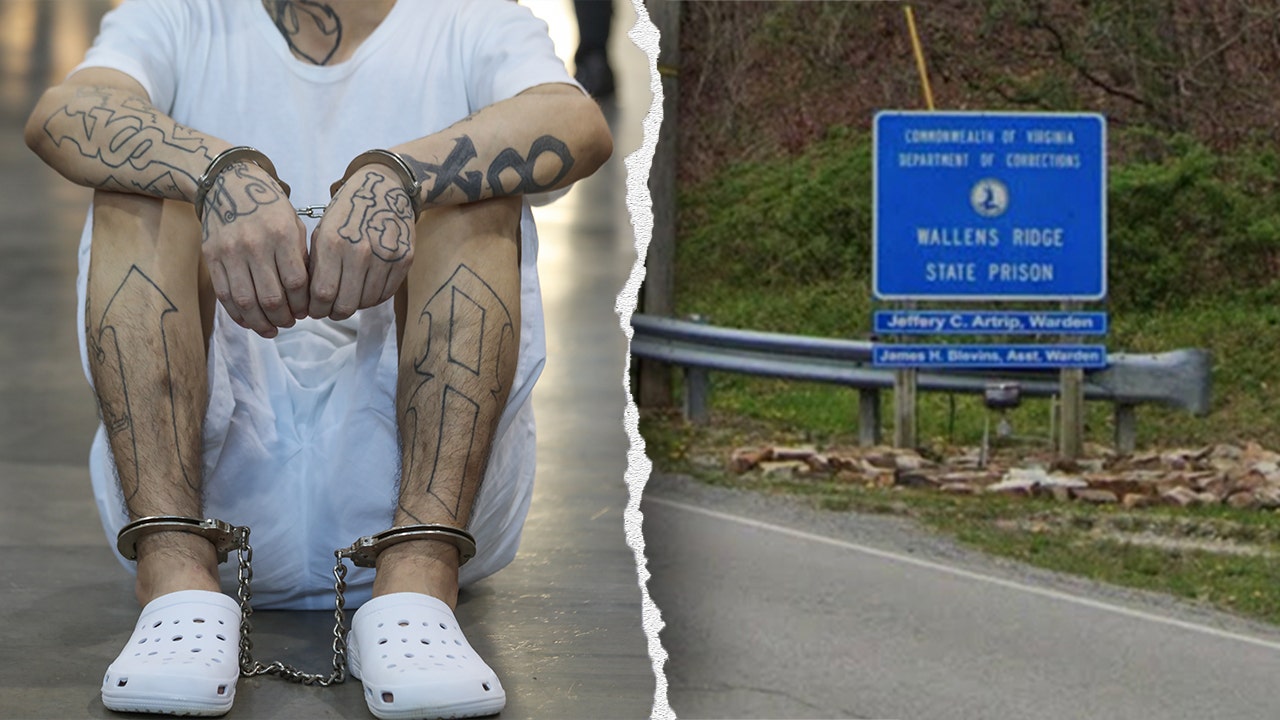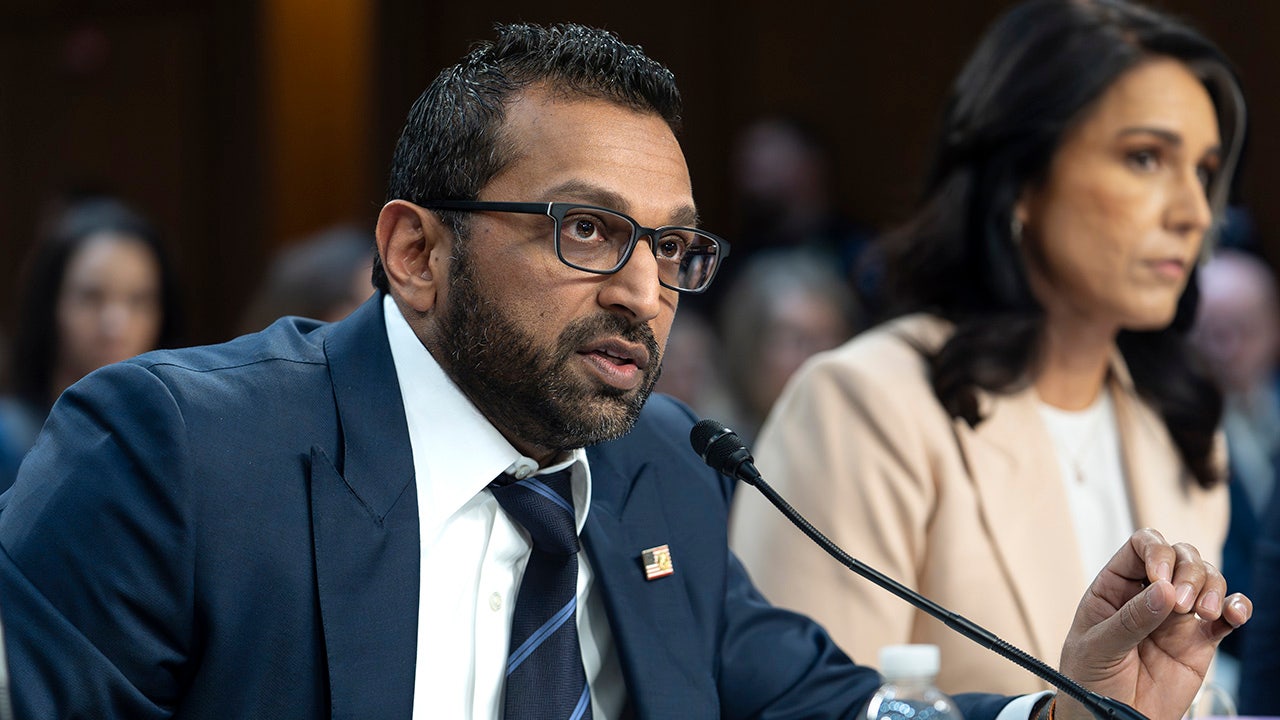By Abdelhamid Mekawy, Menna AlaaElDin and Ahmed Tolba
DUBAI (Reuters) - Donald Trump visits Saudi Arabia this week, 80 years after President Franklin D. Roosevelt laid the foundations of longstanding Saudi-U.S. relations based on an ironclad arrangement - the kingdom pumps oil, and the superpower provides security.
Here is a timeline of U.S. presidential visits to Saudi Arabia, the world's biggest oil exporter and one of Washington's most important allies.
Roosevelt - 1945:
Saudi Arabia's founder, King Abdulaziz Al Saud, held landmark talks with Roosevelt aboard the American warship USS Quincy docked in the Suez Canal, the first meeting between a U.S. president and a Saudi monarch.
During the meeting Roosevelt gifted the king, who had problems walking, a wheelchair. "I shall use it daily and always recall affectionately the giver, my great and good friend," the king said, according to a U.S. government archive website.
The king told Roosevelt that "the Arabs would choose to die rather than yield their lands to the Jews", according to the website, a burning topic until this day.
Richard Nixon - 1974:
The first visit by a U.S. president to the kingdom took place in the Red Sea city of Jeddah, 29 years after Roosevelt and King Abdulaziz's meeting. Nixon's visit aimed to repair strained relations after the 1973 Arab-Israeli War.
The conflict rattled U.S. policymakers after King Faisal imposed an oil supply embargo against the U.S. and other countries for their support of Israel, shocking economies.
"We need wisdom," Nixon said in his toast during a state dinner hosted by the king, according to the Richard Nixon Foundation.
Jimmy Carter - 1978:
The main point of discussion between Carter and King Khalid in Riyadh was the Arab desire to establish a Palestinian state.
Carter sought to reach a common understanding for a transitional period to reach that goal. The efforts did not change the de facto situation on the ground, with Israel still occupying land Palestinians want for a future state.
George H.W. Bush - 1990 and 1992:
Iraq's invasion of Kuwait in 1990 brought the U.S. and Saudi Arabia closer, with the kingdom approving the highly sensitive deployment of U.S. troops on its land, the birthplace of Islam.
Saudi Arabia had approved the deployment to deter a possible expansion of Iraqi President Saddam Hussein's military campaign against the kingdom.
Bush visited American troops stationed in the eastern Saudi city of Dhahran.
He met with King Fahd for a second time in 1992 in the aftermath of the war and discussed the stability of the Gulf.
Bill Clinton - 1994:
King Fahd received President Clinton in the King Khalid Military City as the oil-rich region was still on alert for any new moves by Saddam, even after his forces were routed and forced to leave Kuwait.
The two discussed Iraq, but Clinton's bid to boost the U.S. aircraft industry was at the top of the agenda. A year later, Saudi Arabia signed a $6 billion jet deal with Boeing and McDonnell.
George W. Bush - 2008:
During Bush's first visit to Riyadh, he signed an agreement with King Abdullah in connection with the kingdom's civilian nuclear energy program.
The two agreed they would support efforts to prevent the spread of nuclear weapons, five years after the U.S. invaded Iraq under Bush.
Iran's growing regional influence prompted a second visit the same year to rally Arab support to contain Tehran.
Barack Obama - 2009, 2014, 2015, and 2016:
President Obama met twice with King Abdullah and twice with King Salman in a total of four visits to the kingdom during his two terms.
Relations between his Democratic administration and the kingdom were cold under King Salman, with the Gulf country raising concerns that Washington's commitment to its security was diminishing.
The kingdom's frustration peaked after Obama brokered a 2015 pact between its arch foe Iran and six global powers to curb Tehran's nuclear ambitions in exchange for sanctions relief. Gulf Arab states deemed Iran's nuclear programme a threat, while Tehran said it was only for peaceful purposes.
Donald Trump - 2017:
Unlike his predecessor, President Trump received a hero's welcome during his first-term visit to Riyadh. He danced with swords in traditional Saudi ceremonies and sealed a $110 billion arms deal.
The image of him placing his hands on a glowing orb with King Salman to formally open a new centre to combat extremism went viral on the internet.
Trump defended his administration's ties to Saudi Arabia a year later, despite the killing of U.S.-based Saudi journalist Jamal Khashoggi by Saudi agents in the kingdom's consulate in Turkey causing a global uproar.
Joe Biden - 2022:
President Biden was not received as warmly after his campaign pledge to make the kingdom "a pariah" and his promises to take a tougher stance on its human rights record, particularly regarding Khashoggi's killing.
The tensions manifested in an awkward fist bump between Biden and Crown Prince Mohammed bin Salman, also known as MbS, during the visit instead of a formal handshake.
That scene, including a wordless exchange, was a defining image of a sensitive trip that failed to yield much for the U.S.
(Reporting by Menna AlaaElDin, Ahmed Tolba, and Abdelhamid Mekawy; Writing by Nayera Abdallah, Editing by Michael Georgy and Jan Harvey)
.png)
 German (DE)
German (DE)  English (US)
English (US)  Spanish (ES)
Spanish (ES)  French (FR)
French (FR)  Hindi (IN)
Hindi (IN)  Italian (IT)
Italian (IT)  Russian (RU)
Russian (RU) 








Comments